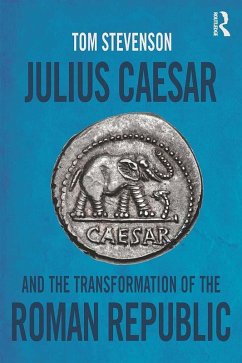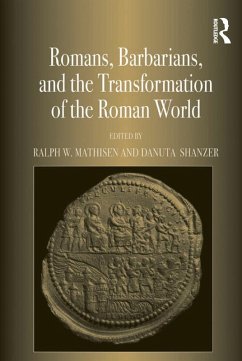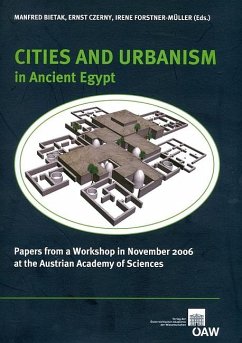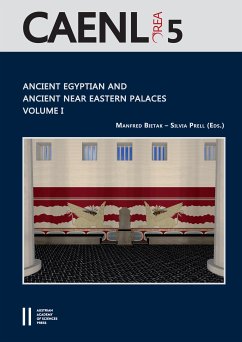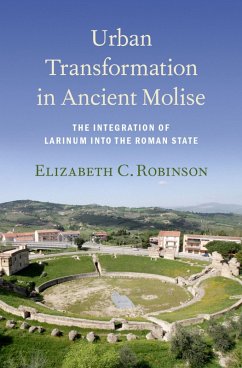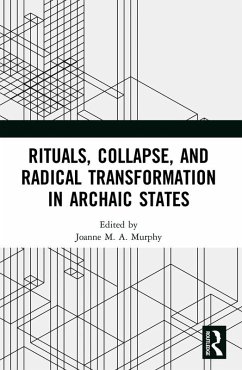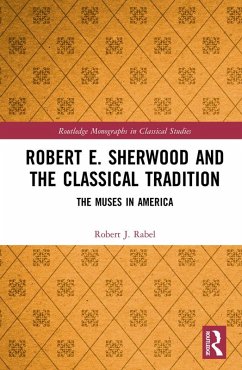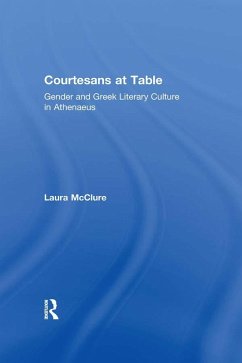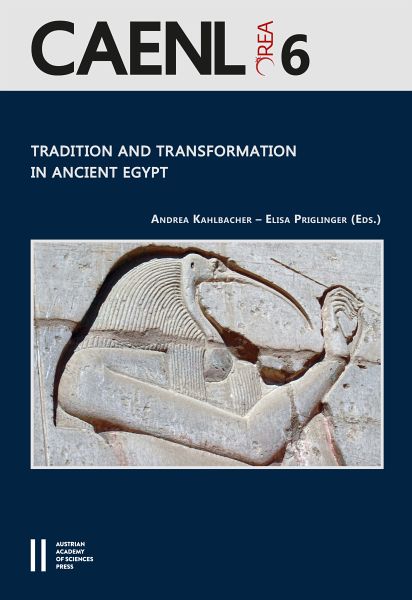
Tradition and Transformation in Ancient Egypt (eBook, PDF)
Proceedings of the Fifth International Congress for Young Egyptologists 15 - 19 September, 2015, Vienna
Redaktion: Kahlbacher, Andrea; Priglinger, Elisa

PAYBACK Punkte
0 °P sammeln!
Unter dem Titel "Tradition und Transformation im alten Ägypten" luden wir Wissenschaftlerinnen und Wissenschaftler aus unterschiedlichen Forschungsfeldern zu einer Konferenz, um gemeinsam über die (Dis-)Kontinuität von Traditionen und die sich daraus ergebenden kulturellen Transformationen zu diskutieren. Das Hauptziel war es, Forschung und Gedankenaustausch zu fördern und Brücken zwischen einer Vielzahl von Disziplinen innerhalb der Ägyptologie zu bauen. Der erste Eindruck, den man von der alten ägyptischen Kultur erhält, ist der von Kontinuität und lang anhaltender Stabilität. Tats...
Unter dem Titel "Tradition und Transformation im alten Ägypten" luden wir Wissenschaftlerinnen und Wissenschaftler aus unterschiedlichen Forschungsfeldern zu einer Konferenz, um gemeinsam über die (Dis-)Kontinuität von Traditionen und die sich daraus ergebenden kulturellen Transformationen zu diskutieren. Das Hauptziel war es, Forschung und Gedankenaustausch zu fördern und Brücken zwischen einer Vielzahl von Disziplinen innerhalb der Ägyptologie zu bauen. Der erste Eindruck, den man von der alten ägyptischen Kultur erhält, ist der von Kontinuität und lang anhaltender Stabilität. Tatsächlich können wir neben ununterbrochener Tradition jedoch eine Vielzahl von Transformationsprozessen beobachten. Diese Veränderungen sind in allen gesellschaftlichen Bereichen sichtbar: Politik, Kunst, Sprache, Wirtschaft, Religion usw. Der vorliegende Band gibt einen Einblick in die im Rahmen der Konferenz präsentierten Forschungsleistungen und die Ergebnisse der anschließenden Diskussionen. Beim Studium alter Kulturen und Zivilisationen sind die Fragen, was bleibt und was sich verändert, von zentraler Bedeutung. Es geht darum, ein tieferes Verständnis für das Leben und das Denken unserer Vorfahren zu erlangen. Kulturelle Veränderungen sind dynamische Prozesse und können durch technologische Entwicklungen, politische und religiöse Ideen oder prägende Erfahrungen mit unterschiedlichen Gesellschaften oder Umweltfaktoren bedingt sein. Aufgrund der Vielzahl möglicher Ursachen kann man die kulturellen Veränderungen im alten Ägypten nur verstehen, indem man eine Reihe wesentlicher Fragen stellt: Was ist das Wesen einer bestimmten Veränderung? Wann und wo fand sie statt? Wer oder was verursachte sie und zu welchem Zweck? Welche Teile der ägyptischen Gesellschaft waren von ihr betroffen, und wie dauerhaft waren ihre Konsequenzen? Um diese Fragen zu beantworten, ist es notwendig, möglichst viele kulturelle Aspekte einzubeziehen.
Dieser Download kann aus rechtlichen Gründen nur mit Rechnungsadresse in A, B, BG, CY, CZ, D, DK, EW, E, FIN, F, GR, HR, H, IRL, I, LT, L, LR, M, NL, PL, P, R, S, SLO, SK ausgeliefert werden.





